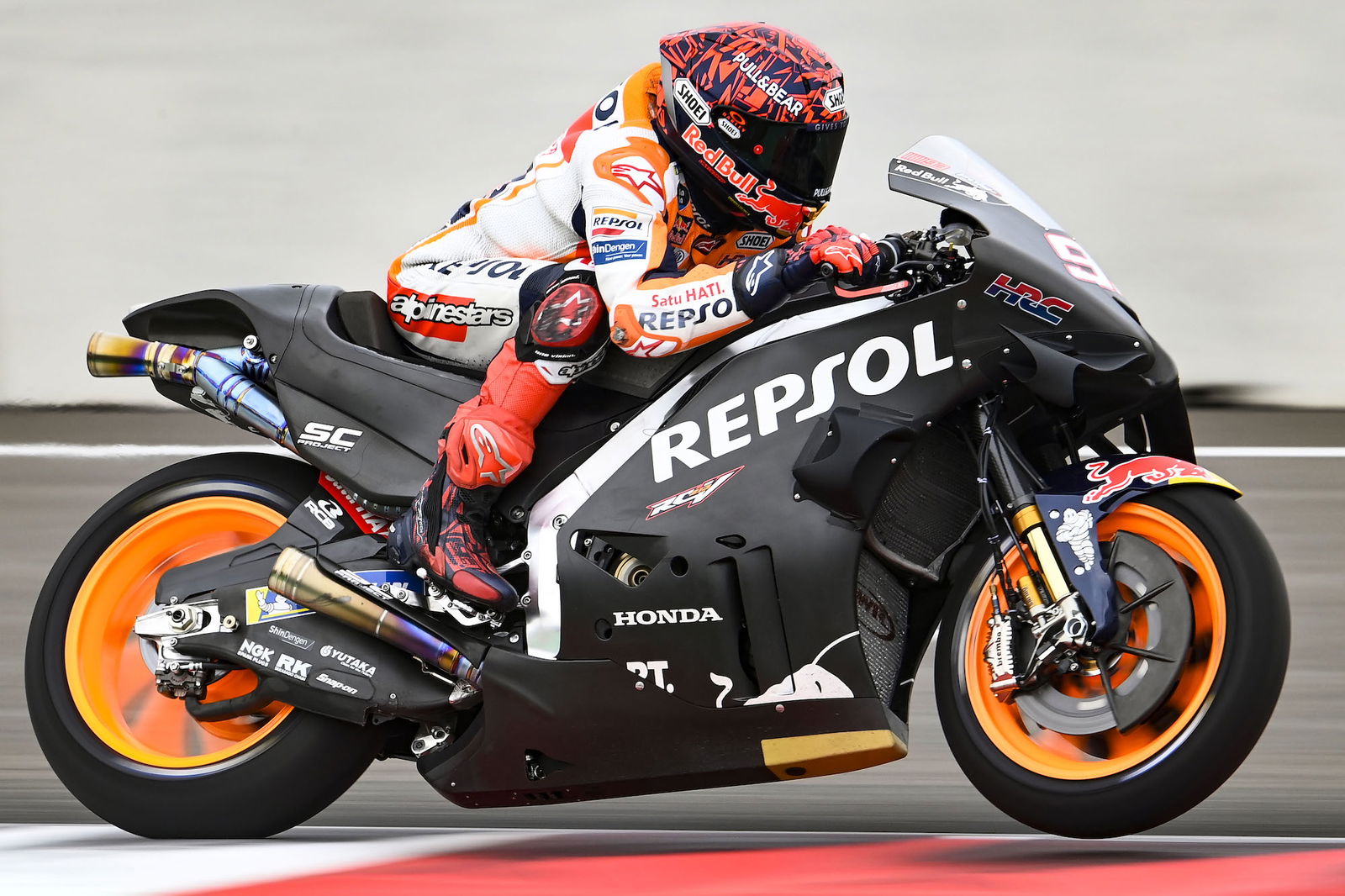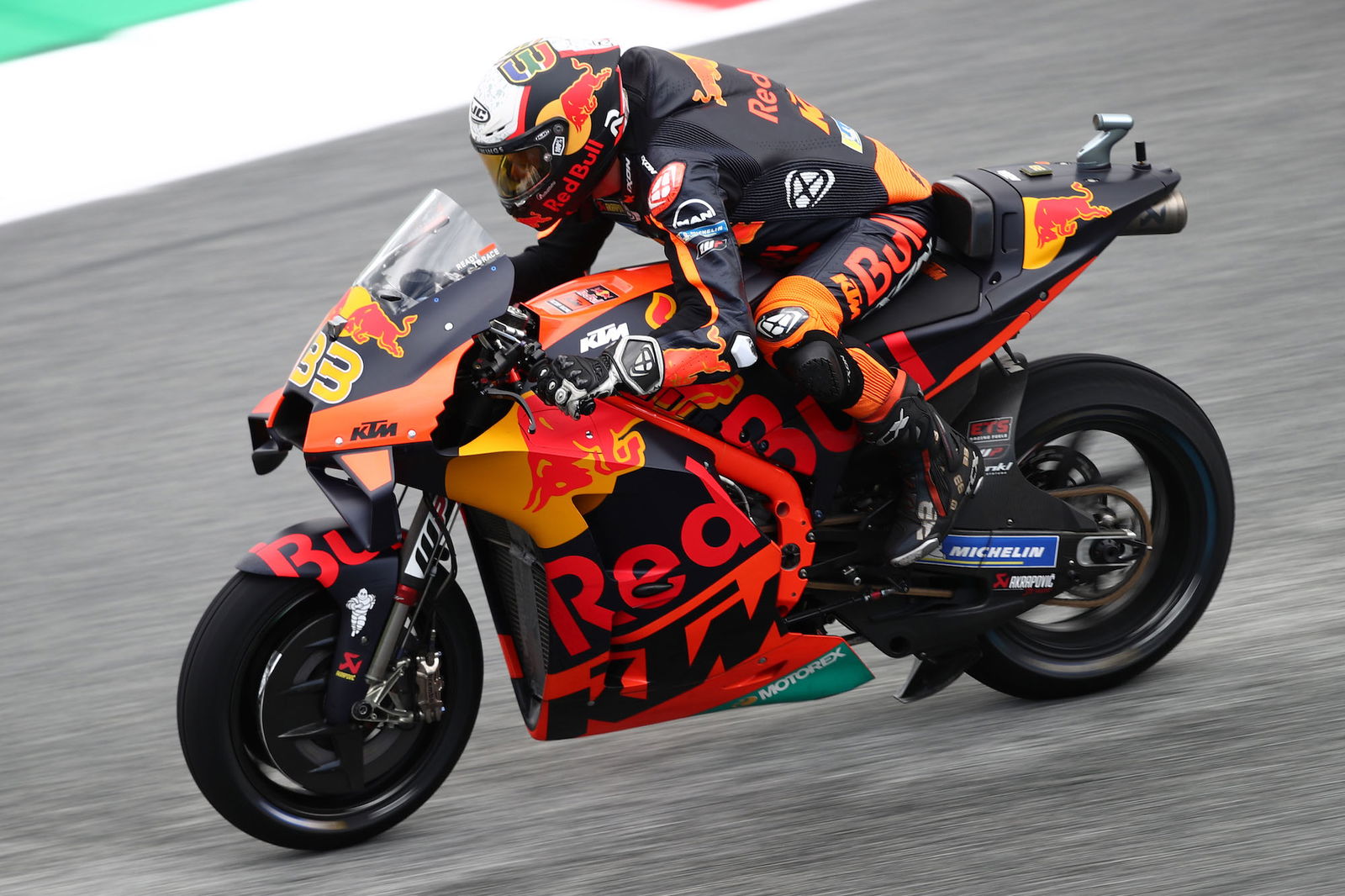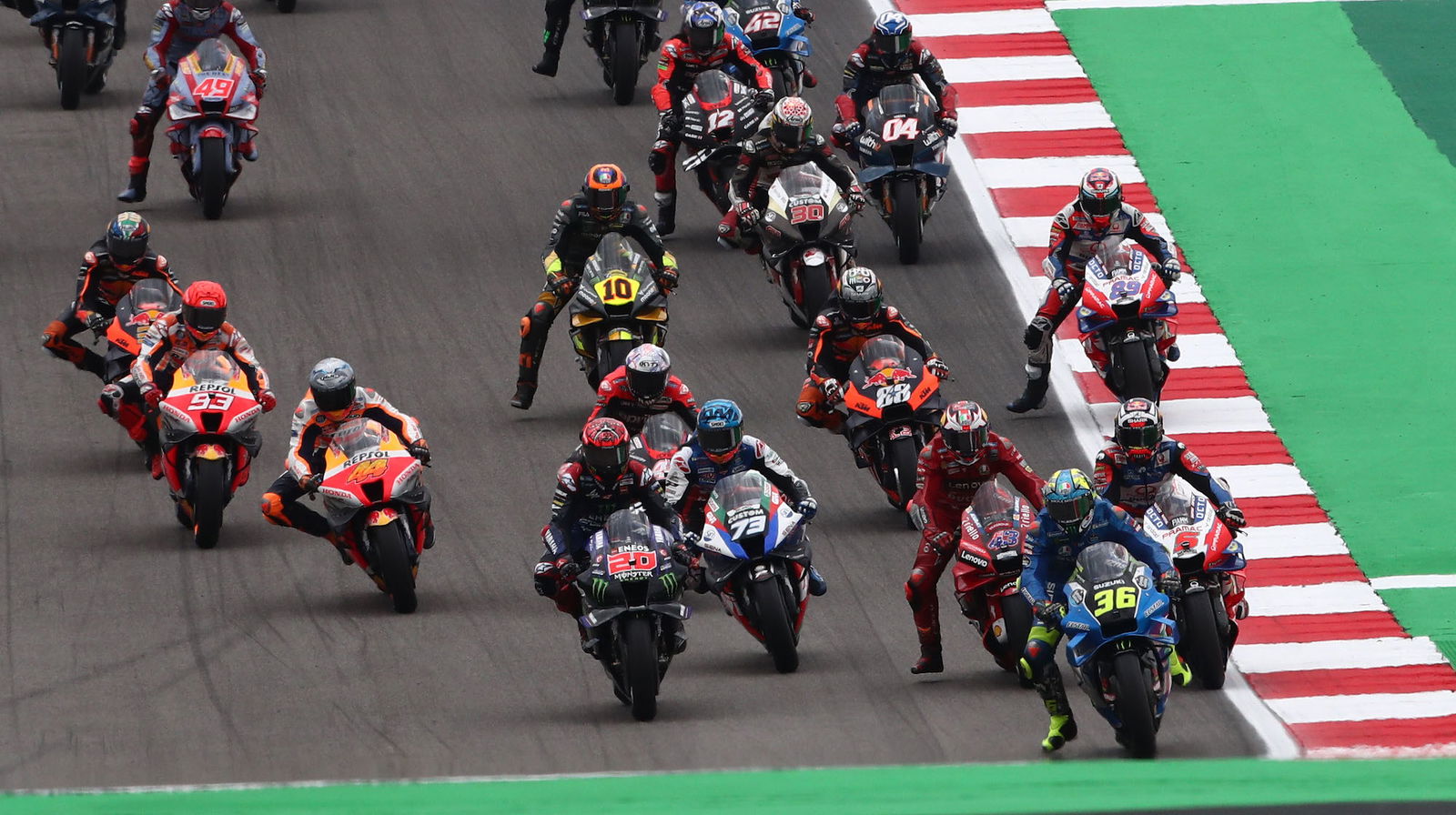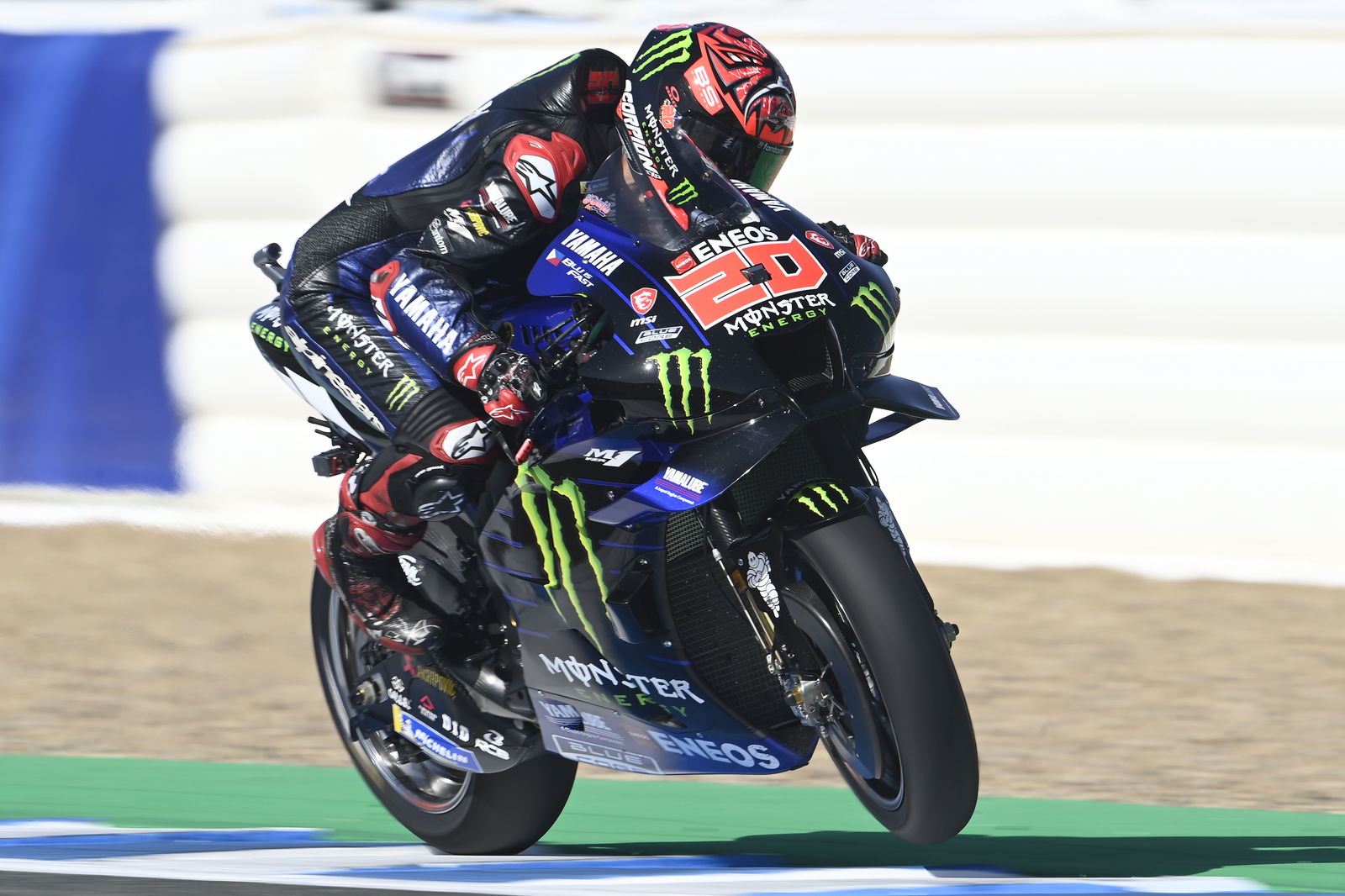MotoGP announces tighter testing restrictions from 2023, new fuel from 2024
The Grand Prix Commission has announced new testing restrictions for the MotoGP World Championship that will come into effect from next season.

TODAY (28 April 2022), the Grand Prix Commission (GPC) has announced that there will be increased restrictions on testing for MotoGP teams and manufacturers from 2023.
“Recognising the impact of an increase in the number of events, approval was given to an agreement reached between the teams and Michelin to reduce the number of days of official testing permitted for the MotoGP class,” a MotoGP article reads.

The revision to the testing regulations means that there will be one day of official testing after the end of the racing season at the same venue as that of the final Grand Prix of the season. So, for example, if the season ends in Valencia, there will be a one-day test in Valencia after the season-ending Grand Prix there.
After the winter break, there will be the usual three-day “shakedown” test before the first official test. This “shakedown” will remain open to only MotoGP class rookies and official factory test riders.
There will then be two official preseason tests: one three-day test, followed by a two-day test. Of course, these will take place after the aforementioned “shakedown” test, and before the first race of the season, and are open to all full-time MotoGP riders, as well as test riders, as usual.
Finally, the number of in-season post-race tests will be reduced to two one-day tests on a Monday or Tuesday after a Grand Prix. Where these will take place will presumably be decided in advance of each season beginning in 2023. Currently, MotoGP has post-race tests in Jerez, Barcelona and Misano, so one of those will be dropped.

As well as testing regulations, MotoGP has announced updates on its sustainability plans for the future. It has announced that “from the year 2024 it will be mandatory in all Grand Prix classes to use fuel with a minimum of 40% of non-fossil origin.” By 2027, 100% of the fuel in all GP classes will have to be 100% non-fossil.
“The exact specification for the FIM MotoGP fuel characteristics from 2024 to at least 2026 have now been agreed and they will be published later,” MotoGP says.
You can check out the full MotoGP article here, which is worth doing because at the bottom of the article there is a link to a survey, for answering which you can win a MotoGP VideoPass subscription.







